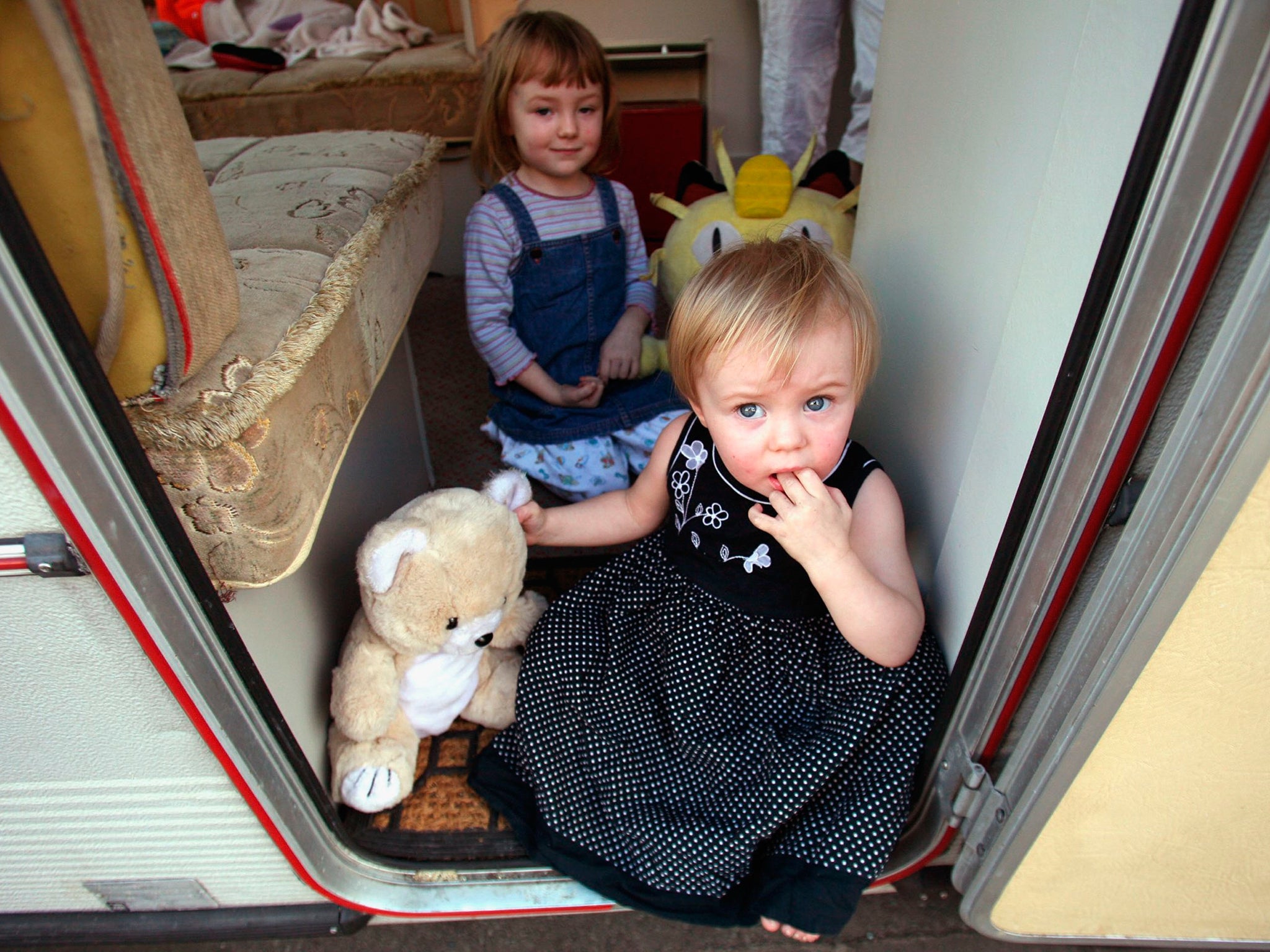Spending on schemes for disadvantaged children has 'more than halved' in last five years
Early intervention funding has been cut from £3.2bn to £1.4bn

Your support helps us to tell the story
From reproductive rights to climate change to Big Tech, The Independent is on the ground when the story is developing. Whether it's investigating the financials of Elon Musk's pro-Trump PAC or producing our latest documentary, 'The A Word', which shines a light on the American women fighting for reproductive rights, we know how important it is to parse out the facts from the messaging.
At such a critical moment in US history, we need reporters on the ground. Your donation allows us to keep sending journalists to speak to both sides of the story.
The Independent is trusted by Americans across the entire political spectrum. And unlike many other quality news outlets, we choose not to lock Americans out of our reporting and analysis with paywalls. We believe quality journalism should be available to everyone, paid for by those who can afford it.
Your support makes all the difference.Spending on schemes aimed at preventing children from disadvantaged backgrounds from falling into cycles of crime and poverty has more than halved over the last five years, new research has revealed.
Critics said the cuts were a false economy as teenagers would be at greater risk of suffering long-term problems in later life.
Early intervention funding, which enables English councils to provide children’s centres, as well as services for teenage pregnancy, drug and alcohol abuse, has been cut from £3.2bn in 2010 to £1.4bn in 2015.
Local authorities are braced for a further squeeze on spending in the next financial year.
The scale of the cuts was uncovered by an investigation by the Children’s Society and the National Children's Bureau (NCB) with the website Children and Young People Now.
In a joint report they warned that failure to invest in help today would not only damage young lives but risk leading to far greater costs for taxpayers in the years ahead.
Anna Feuchtwang, the NCB’s chief executive, said: “Before making more cuts that cost government needs to think again. It should work with councils to gain a better understanding of how services have been reconfigured and commit to fund early intervention provision that make a dramatic difference to children’s lives.”
Around 350 youth centres shut between 2011 and 2014 because their funding dried up.
Join our commenting forum
Join thought-provoking conversations, follow other Independent readers and see their replies
Comments